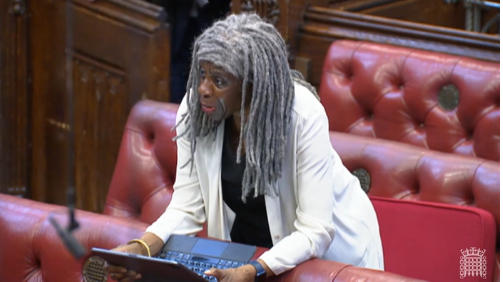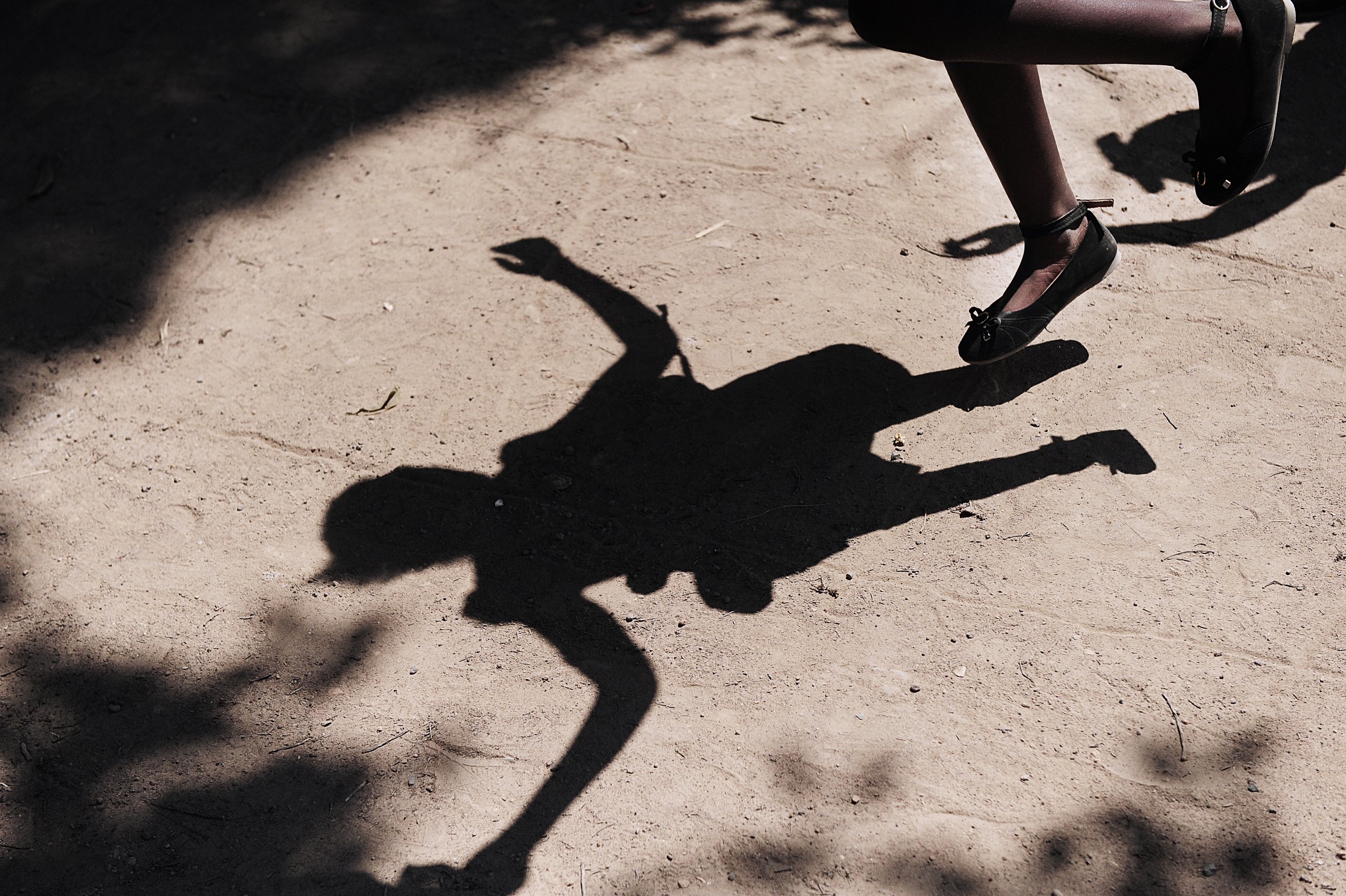
Updates & Resources

UN CESCR: the UK must establish a legal framework requiring businesses to conduct human rights due diligence.
The UN Committee on Economic, Social and Cultural Rights has published a new report assessing the UK’s adherence to the International Covenant on Economic, Social and Cultural Rights and urging the UK Government to introduce mandatory human rights due diligence requirements, guarantee effective access to remedy and prioritise sectors that are causing serious human rights violations beyond borders.

The Business and Trade Committee: The Government must introduce mandatory human rights due diligence to keep up with global reforms and avoid becoming a “dumping ground”.
As part of a recent inquiry launched to inform a new Employment Rights Bill, the Business and Trade Commons Select Committee has recommended that the Government should introduce mandatory human rights due diligience legislation to align with global legislation and consider the creation of ‘Failure to Prevent’ offences like those set out in the Economic Crime and Corporate Transparency Act 2023 to strengthen the Modern Slavery Act.

The Case for Change: Why human rights defenders need a UK law on mandatory due diligence
A new Peace Brigades International (PBI) UK investigation shows links between UK companies, environmental devastation and attacks on rights activists calling for law to ensure effective due diligence.

Modern Slavery Act Committee: UK’s response to modern slavery has not kept up with the advances of other nations
The Modern Slavery Act Committee summarises that international best practice has moved beyond requiring transparency to requiring companies to perform due diligence on their supply chains, and take action to eradicate modern slavery in their supply chains.

Business and human rights index report for Northern Ireland
The report assesses the corporate implementation of the UN Guiding Principles on Business and Human Rights in Northern Ireland. It finds that none of NI's top 20 companies could demonstrate full engagement with the basic expectations set out by the UN Guiding Principles on Business and Human Rights. The highest score was 54%.

Lola Young's Private Members Bill has second reading
Lola Young's Private Members Bill has it's second reading in the House of Lords. Anti-Slavery International explains why such ground-breaking legislation is urgently needed in the UK.

Polling reaffirms: 4 in 5 UK adults want new UK laws requiring British companies to prevent human rights abuses and environmental damage
YouGov polling from April 2024 shows that more than 80% of British adults want new UK laws requiring British companies to prevent human rights abuses and environmental damage in their supply chain, and 73% think UK companies should be doing more to reduce their contribution to global warming.

Over 150 businesses and investors call on the UK government to introduce a new law
The statement calls for a new law that ensures accountability when businesses cause or contribute to harms. It calls for the law to hold businesses legally liable for harm, loss and damage arising from their failure to prevent adverse human rights and environmental impacts within their operations and throughout their global value chains and to require them to adequately compensate victims of abuse.

Private Members’ Bill in the House of Lords
In the Parliamentary session 2023-2024, Baroness Lola Young introduced a Private Members Bill in the House of Lords. The “Commercial Organisations and Public Authorities Duty (Human Rights and Environment) Bill” had its first reading on 28 November 2023 and its second reading on 10 May 2024 before collapsing due to the 2024 election.

Bridging the gap: How could a UK Business, Human Rights and Environment Act have made a difference?
This report documents in 15 case studies how well-known UK companies, financial institutions and public bodies have been and continue to be connected to human rights abuses, worker exploitation and environmental harm at home and abroad. Find out how a Business, Human Rights and Environment Act could have made a difference.

The Samarco dam disaster: BHP’s failure to take sufficient action (Brazil)
On 15 November 2015 the Fundão Dam, a holding structure for waste material from iron ore processing, collapsed and released 45 million cubic metres of waste into the River Doce. This killed 19 people and impacted the human rights of hundreds of thousands of people in surrounding communities including the human rights to life, health, water, food, adequate housing, work and education. Find out in our case study how a Business, Human Rights and Environment Act could have made a difference.

JCB: due diligence in the illegally Occupied Territories (Palestine)
JCB’s sole dealer in Israel is the Israeli company Comasco which holds contracts with Israel’s Ministry of Defence for the maintenance of the same model of JCB machines used in the demolition of Palestinian homes and property, and the construction of Israeli settlements. Find out in our case study how a Business, Human Rights and Environment Act could have made a difference.

CDC Group: financing Feronia for palm oil (DRC)
UK development finance is connected to palm oil plantations in northern Congo. Local communities claim that part of the plantations sit on land that was taken from them by the Belgian colonial administration. Land defenders are facing harassment and intimidation. Workers have been forced to work with toxic chemicals and local sources of drinking water are reportedly contaminated by industrial waste from the plantation. Find out in our case study how a Business, Human Rights and Environment Act could have made a difference.

Land-grabbing for palm oil (Liberia)
Communities in Liberia claim that UK agri-business EPO’s oil palm plantations have encroached on their land, which was illegally cleared for plantation, and that activities went ahead without their consent. As a result, they have lost their livelihoods, and community members who protested faced violence and intimidation. Find out in our case study how a Business, Human Rights and Environment Act could have made a difference.

Cerrejón’s open pit mine (Colombia)
BHP Group, Anglo American and Glencore were the joint owners of the Cerrejón coal mine in La Guajira, Colombia. The mining operations have led to the dispossession and displacement of 35 Wayúu Indigenous and Afro-descendant communities from their ancestral land, at times by brutal police evictions. Find out in our case study how a Business, Human Rights and Environment Act could have made a difference.

Uyghur forced labour in murky value chains - the Xinjiang Uyghur Autonomous Region (China)
Research has shown that dozens of international brands, including UK companies Marks & Spencer, Primark, River Island and Tesco are at risk of using cotton that is produced or processed by Uyghur forced labour. Companies have called for stronger laws, and a number of companies, including Marks & Spencer, have signed a “call to action” to remove their value chains from the region.

50 businesses sign statement calling for human rights due diligence legislation
50 businesses, including the British Retail Consortium, Tesco and Unilever, call on the UK government to urgently bring forward ambitious primary legislation to mandate companies to carry out human rights and environmental due diligence.

Corporate Justice Coalition: Time for change – MPs from across parties turn out for CJC event
At the end of May, CJC joined the All-Party Parliamentary Group on Human Rights to host the event “Levelling the playing field for UK companies: Mandatory supply chain due diligence to protect human rights and the environment” in Parliament.

Leicester’s sweat shops: abuses in Boohoo’s value chains (UK)
When the Sunday Times published an investigation alleging labour exploitation, deplorable working conditions, and illegally low rates of pay – as low as £3.50 an hour – in Leicester-based factories making clothes for Boohoo, it shocked the UK. Find out in our case study how a Business, Human Rights and Environment Act could have made a difference.

Kabwe: Anglo American’s lead poisoning legacy (Zambia)
For decades, the Kabwe mine was operated without adequate environmental safeguards, leading to lead contamination of the soil. Medical studies conducted over the past 45 years have shown extreme levels of lead in young children which has affected generations with lead encephalopathy and fatal lead poisoning. Find out in our case study how a Business, Human Rights and Environment Act could have made a difference.
